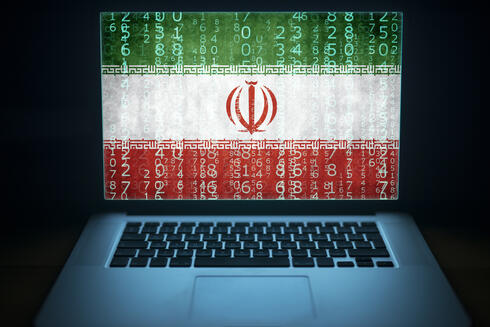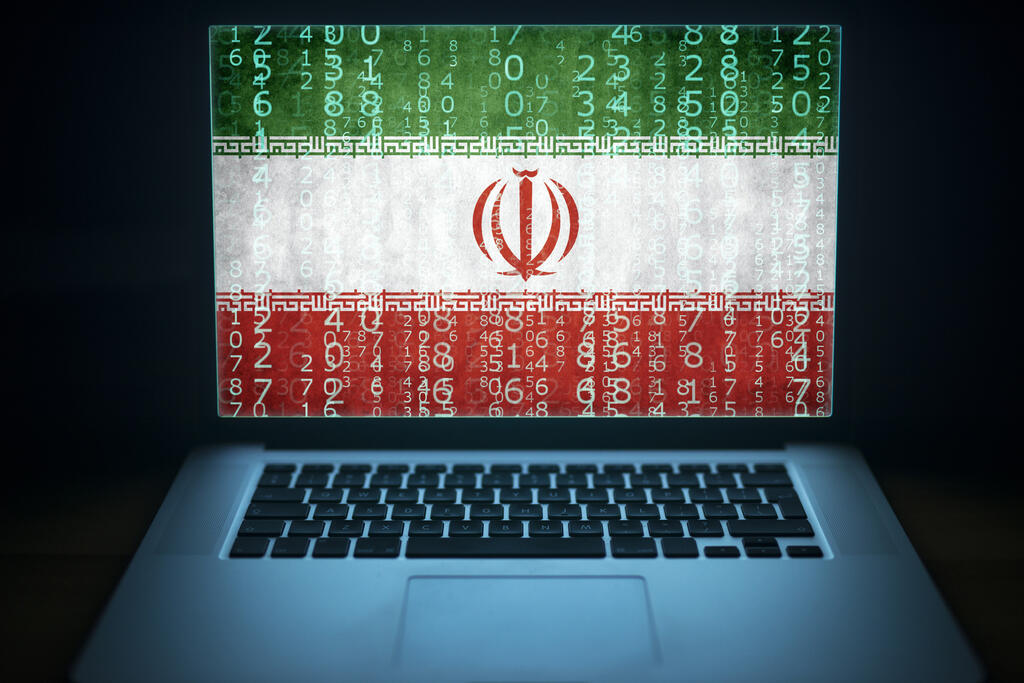
Israeli tech firm Silicom denies Iranian claims of Mossad and Unit 8200 links after cyber breach
The Israeli firm dismissed allegations from Iranian hacking group Handala, which claimed it infiltrated the company as part of an operation targeting Mossad and Unit 8200 ties.
Silicom Ltd., an Israeli company specializing in networking and data infrastructure, has been thrust into the geopolitical spotlight following explosive allegations from Iranian hacking group Handala. The group claims to have breached Silicom's systems, asserting that the company serves as a cover for Unit 8200, Israel’s elite cyber-intelligence division, and the Mossad, Israel’s national intelligence agency. Silicom is currently traded on Nasdaq with a market cap of $90 million.
Handala alleges that it infiltrated Silicom’s isolated network for months, accessing 40 terabytes of data, including sensitive emails, financial documents, R&D materials, and recordings of calls. The group claims to have wiped the data from Silicom's servers, leaving the company without backups while retaining exclusive control over the stolen information.
Handala further asserted that Silicom’s senior management includes top-ranking officers from Israeli intelligence agencies and that the company plays a key role in designing and implementing electronic surveillance systems for military purposes.
In response, Silicom issued a public statement distancing itself from any connections to Israeli military or intelligence bodies. The company reassured investors and stakeholders that it operates as a private, commercial enterprise and is focused solely on providing high-performance networking solutions for global cloud and data center markets. "We have activated internal and external cybersecurity experts to address the situation," the statement read, while emphasizing that a full assessment of the incident is ongoing.
The timing of the cyberattack, amid heightened regional tensions, underscores the complex interplay between politics and cybersecurity. Silicom has had to counter not just operational threats but reputational damage stemming from the allegations.
While details of the breach remain unverified, the incident sheds light on the vulnerability of even advanced tech companies to sophisticated cyber operations. For Silicom, the challenge lies not only in addressing immediate security concerns but also in reaffirming its standing as an independent, non-aligned entity in the face of politically motivated claims.














